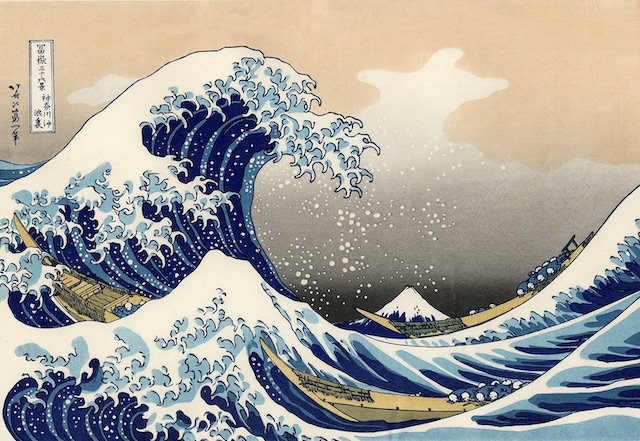I have tried to make my blog an invitation for family and friends to partake in the sights and experiences of life in Japan. Although the pandemic has restricted wider travels, my daily walks and bike rides through Tokyo neighborhoods are filled with interesting, curious, and a times somewhat humorous or mysterious, observations of everyday life.

Recycling in Japan is an art-form. With very few public waste containers and lots of sorting rules, Japan can be a hard (and expensive) place to get rid of trash.
Garbage in Japan must be very carefully separated into precise categories. In our building, a visit to the common recycling room takes time and effort. I have developed a system to meet expectations for packaging and placement of various categories of “trash.”
When out and about, it is almost impossible to find a trash can anywhere other than inside convenience stores. With few exceptions, everyone carries their trash with them. The practice makes the site of trash left lying in a public park exceptional.
While difficult to understand and master, the somewhat troublesome rules and accepted practice for trash recycling and disposal do make Tokyo one of the cleanest cities in the world.


There s a scene in Shin Godzilla, the latest installment in Toho s long-running monster franchise, that features the titular monster towering over an industrial landscape in Kawasaki. The Showa Denko factory in the foreground, a riot of pipes and silos that traces its history back to 1930, features a unique plastic recycling facility that opened in 2003 at a cost of ?7.4 billion. The chemical maker, which also recycles around 5 million aluminum cans annually, generating about 80 tons of aluminum, says its heat gasification process can recycle plastics such as food packaging with zero emissions and total recycling of all byproducts.